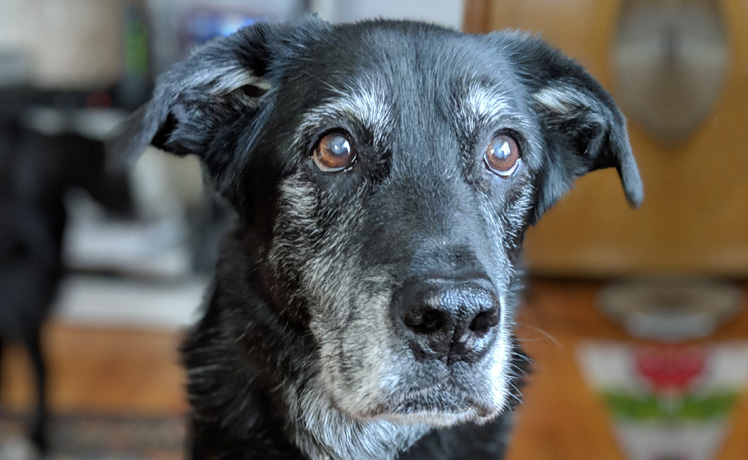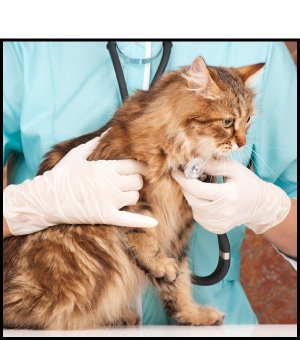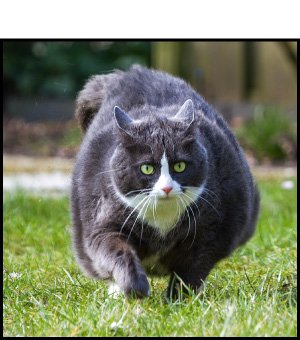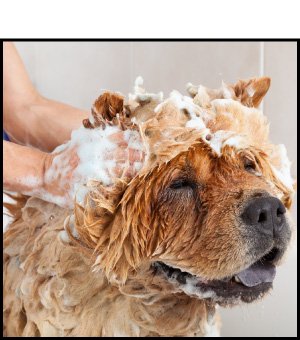
How to care for your “good old” pets
Thanks to advances in veterinary medicine and care, pets are living longer than ever before. Cats and dogs enter their senior years at the age of 7, according to the American Veterinary Medical Association. As your furry friends age, they need extra care to help them live their best life.
Here are quick tips for ensuring your “good old” pets have the highest quality of life possible in their golden years.

Don’t skip regular check ups
Our top tip is not missing your pet’s wellness visits. Regular check ups with the veterinarian can help detect age-related health issues before they become serious. Here at Fort Street Veterinarian, our doctors specialize in giving your pets the best care at all stages of their lives. The American Animal Hospital Association recommends senior pet visits every 6 months.

Be aware of common health issues
As pets age, their coats gray and their pace slows. But changes are also happening inside their bodies. Older pets are more likely to develop heart, liver and kidney diseases as well as cancer. Did you know dogs are diagnosed with cancer at rate similar to humans?
If you lived with your pet since they were young, you’re likely tuned into your pet’s normal behavior. Even subtle changes in behavior could be a sign of cognitive or physical health issues — this is especially true in cats, since they tend to conceal discomfort. Changes in behavior such as irritability or general grumpiness could be signs of arthritis-related pain or other ailments. If your pet has become less active, they may not be feeling well either.
Watch for these behaviors and call your doctor if you become concerned:
● Your pet is unusually aggressive
● Your dog barks or meows more often
● Your pet is more anxious or nervous
● Your pet’s sleep pattern changes
● Your pet has lots of accidents
● Your pet stops responding to commands
● Your pet doesn’t want to play
● Your pet wanders or becomes confused

Keep them moving
Proper exercise keeps your pet’s body and minds healthy. Even though their mobility may decrease with age, daily movement and play is still important.
Taking your dog for walks is still a good idea. Just be careful of hard surfaces and the outside temperature. If your dog seems stiff after a walk, you may consider shortening your distance. Swimming is another option with low impact on your dog’s joints.
Older cats have a reputation for being lazy — but you can still help them unleash their inner playful kitten with toys. Provide towers for climbing or use laser pointers to encourage exercise. Another way to keep their mind sharp is with food games.

Watch their diets
As your pet ages, their metabolism slows. You may need to decrease the amount of food you’re feeding them. Weight gain can have a big impact on an older pet. While sudden weight loss is usually a sign of concern, especially in cats.
Obesity in senior pets increases the risk for many ailments including arthritis, diabetes, cancer and high blood pressure. Since your pet may not show early warning signs, regular visits to the veterinarian can help catch weight gain before it becomes a problem.

Help them stay clean
As your pet’s mobility and sense of sight and smell declines, you can provide extra assistance in keeping them clean. Scheduling more frequent grooming sessions becomes necessary to help prevent matting.
Pay closer attention to their dental health. Check regularly for gum disease and brush their teeth. Provide dental chews, too.
